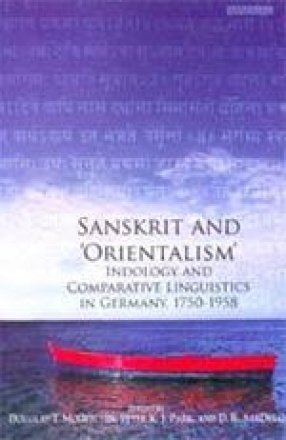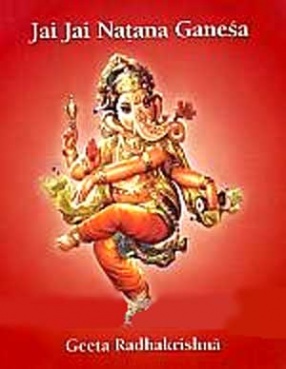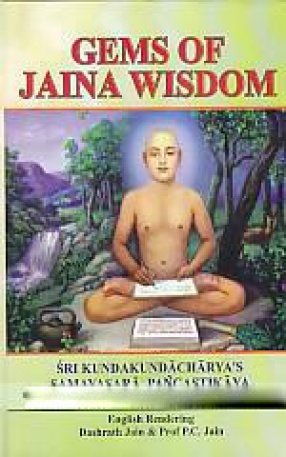The groundbreaking studies contained in this volume present a history of Sanskrit philology and comparative-historical linguistics that is fully integrated with German political and intellectual history ranging from the Enlightenment to Cold War eras. The authors engage and extend the intercultural ‘dialogue’ that Wilhelm Halbfass powerfully initiated in India and Europe: An Essay in Understanding (1988). This volume contains his last public address, in which he challenges in ‘otherness’ of German indology, seeing Germany as fitting a European pattern. While the lack of direct German colonial involvement in India does not completely eliminate the relevance of Edward Said’s arguments in Orientialism (1978) for German indology, it does call for an individual appraisal of the German case. The long-tauted special historical relationship between India and Germany, as purported by some professional indologists, is at last critically examined in this volume by historians who are able to approach the question with a knowledge of the particulars of institutional as well as intellectual and political history. These thoroughly researched essays examine the accounts of German travellers to India, the early indological project of Friedrich Schlegel, the politics and history of the university disciplines of indology and comparative linguistics, the scholarly reception and reaction to the Bhagavadgita and Buddhism, indology’s relation to racial theory, and more.
Abhidhammamulatika with Comm.
$7.60
$8.00





There are no reviews yet.